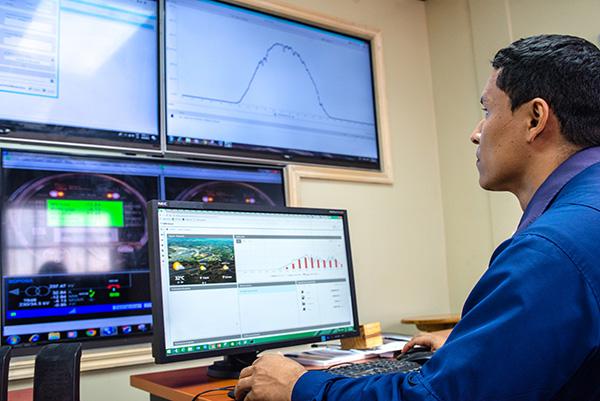Impact study: Understanding socio-economic impact of power generation
Finnfund invests in companies that generate energy that is cleaner, cheaper and more reliable than the existing generation. But we also want to understand what wider socio-economic impacts these investments have beyond increased production.
Finnfund requested Steward Redqueen to find out what is the existing knowledge on the impact of power investments. Through a review of nearly 80 articles and reports, and using tested impact pathways, Steward Redqueen analysed the impact evidence of power investments on businesses and household welfare.
The impact of additional energy on economy is quite well understood and established. Businesses benefit through reduced outages and/or through cheaper cost of electricity. This enables them to produce more or more effectively and thereby create jobs and increase economic output. Especially manufacturing businesses benefit from cheaper and more reliable grid electricity.
However, in many countries the price of electricity is not cost-reflective – cost of generation does not affect the consumer price. In these countries the national utility benefits from the lower generation cost, but customers pay the same, subsidised price.
For businesses, the biggest impact is found in countries where the outages are most frequent, and businesses have to rely on diesel generators for back-up.
The impact of power investments on household welfare follows the same pathways of access, price and outages, but the connections are less clear. Welfare and access to electricity correlate, but the direction of causality is at least ambiguous.
Household welfare improves with electricity, but the gains are often overstated especially for income and education benefits. It appears that off-grid technology investments might bring more welfare benefits in countries with large rural population, low electrification rate, common use of kerosene and non-cost reflective prices.
More work is still needed to quantify and qualify the linkages, to determine how various contextual factors result in higher or lower impacts for businesses and/or households. Modelling welfare benefits would further improve impactfulness of development finance.
